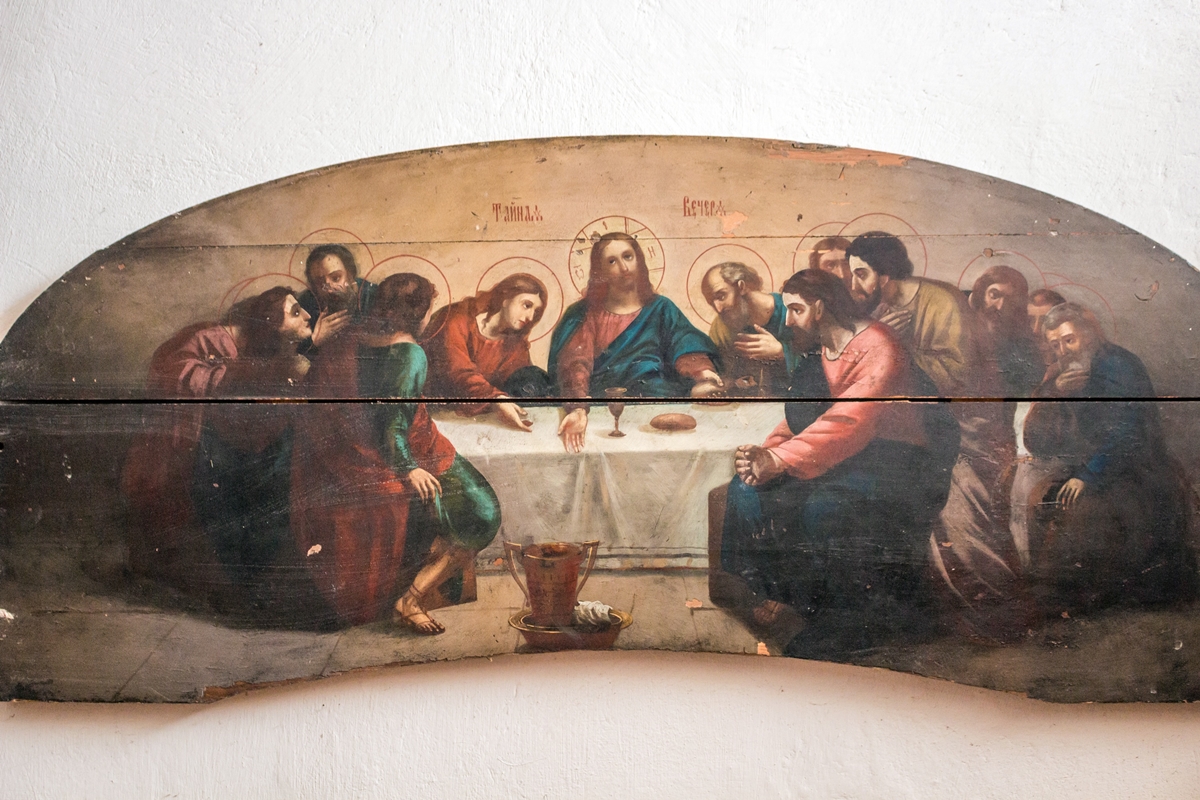The idea of sacrifice leads us deep into how human beings live and understand life. We are prepared to renounce ourselves for the sake of our children, country, cause or friends we love. Parenthood is a sacrificial offering extending over many years. But also the idea of sacrifice has shaped religious consciousness since the dawn of time. When we entered the magical way of seeing the world sacrifice became a way of influencing the higher forces and gods that controlled us. We give you this so that you will be gracious and give us what we ask.
Deeper than magic, however, sacrifice could also illuminate the deep, loving involvement of humanity and the divine powers. In Aztec mythology, Nanativatzin was the humblest of the gods. So that he could continue to shine as the life-giving sun over the earth and its inhabitants he sacrificed himself in fire.
The Eucharist fulfils this primordial religious practice and overcomes the dualism separating God and humanity and the community itself. We don’t need magic anymore and there is no fear in celebrating the great oneness. Yet, there is a great diversity in how different traditions express just how the sharing of bread and wine fuses Jesus’ offering of himself both at the Last Supper and on the Cross. None of the different styles of Eucharist with their different theologies would be celebrated, however, if it were not that doing so raised our consciousnesses of his real presence – in the fellowship of believers, in the Word and also in the ordinariness of bread and wine. In her poetic account of her mystical experience of Christ, Simone Weil included a down-to-earth eucharistic moment.
That bread truly had the taste of bread… the wine tasted of the sun and of the soil on which that city was built.
Although the Eucharist has been horribly politicised and exploited throughout history it survives in its original and spiritual freedom as a symbol of both the essential unity and the wild diversity of Christian faith. It will survive the present deconstruction of the institutions and will be re-discovered as a sacrament of the mystical Body expressing and nurturing the contemplative life.





